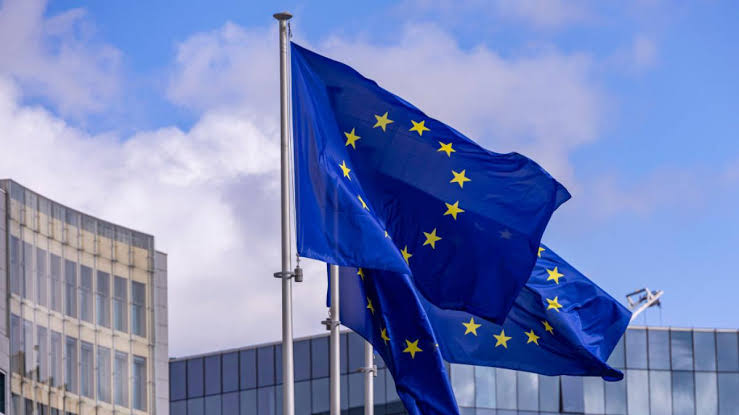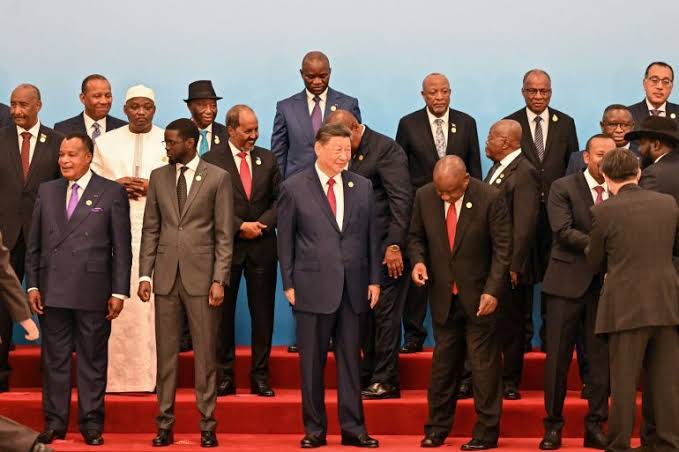
Faith Nyasuguta
The European Commission has recently updated its high-risk third-country list, adding Kenya, Algeria, Angola, Cote d’Ivoire, Lebanon, Monaco, Namibia, Nepal, and Venezuela to jurisdictions flagged for strategic weaknesses in anti-money laundering (AML) and counter-terrorist financing (CFT) systems. The move, aligned with the Financial Action Task Force’s “grey list,” reflects ongoing global scrutiny of financial safeguards .
For Kenya, the listing showcases persistent gaps, including inadequate regulation of virtual assets, lax oversight of non-profit groups, incomplete beneficial ownership records, and weak prosecutorial action– despite its earlier greylisting by FATF in February 2024. Under the EU designation, financial institutions across Europe must now apply enhanced due diligence when dealing with Kenyan individuals and entities. This translates to stricter customer screening, slower transaction approvals, and potentially higher compliance costs.
Kenya joins fellow African nations Algeria, Angola, Cote d’Ivoire, and Namibia on the list. Across the continent, these countries face shared challenges: under-resourced financial intelligence units, ineffective regulatory frameworks, and low conviction rates for financial crimes. The EU’s decision, while cautioning against lax money controls, also aims to bolster global financial system integrity.

The implications for Kenya are broad. Remittances and trade activities with European partners could slow down, and foreign direct investments may face new friction. NGOs and fintech startups navigating EU markets must brace for elevated scrutiny. Kenya’s government has already vowed reforms: tougher AML legislation, licensing for virtual asset service providers, expanded financial intelligence capabilities, and improved ownership transparency, all aligning with FATF guidance.
EU officials emphasize that the listing is preventive, not punitive. Their core aim is to safeguard the EU’s financial system by flagging vulnerabilities and nudging nations toward systemic improvement. Financial institutions must now scrutinize relationships involving the newly listed countries more thoroughly, as mandated by the revised Directive (EU) 2015/849.
However, the changes could unsettle international trade and investment. Enhanced diligence requirements may raise operational costs for African exporters and financial service firms. Some European banks might reconsider Kenyan exposure, and remittance services, crucial to many Kenyan families, may incur delays and higher fees. Local businesses eyeing EU markets must integrate complex compliance systems to sustain smooth operations.

The EU’s update coincides with ongoing AML reforms within the bloc, including the establishment of the European Anti-Money Laundering Authority (AMLA) . This illustrates the EU’s broader push for global financial transparency. For Kenya and its listed peers, the path forward is clear: rapid, visible progress in AML/CFT frameworks can secure their removal from the list.
The EU’s fresh designations reflect both a warning and an opportunity. By addressing systemic AML deficiencies, these nations can reinforce their financial credibility, foster healthier investment relations, and support sustainable development. But the clock is ticking, implement reforms quickly, or face prolonged financial restrictions and growing skepticism from global partners.
RELATED:








